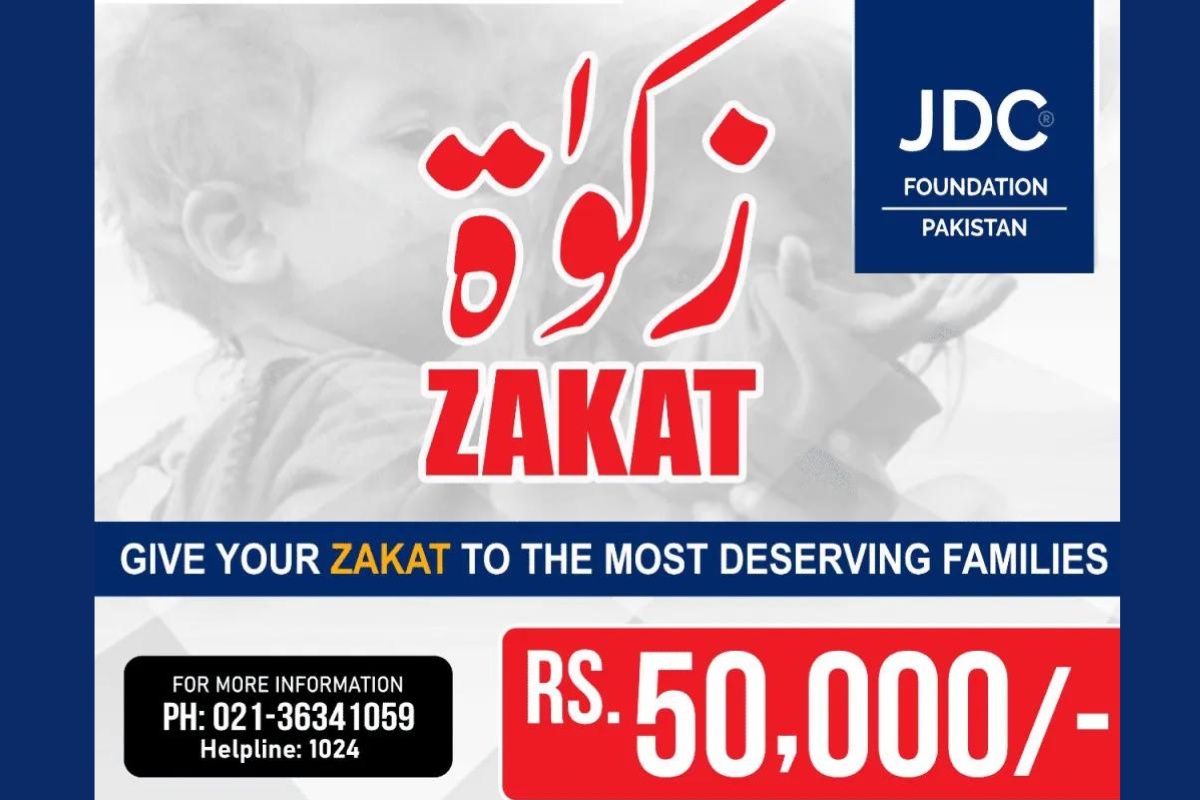Zakat, an essential pillar of Islam, holds profound significance in the lives of Muslims around the world. It is a form of obligatory almsgiving designed to purify one's wealth and support the less fortunate within the community. This article digs into the principles, practices, and impact of Zakat in the modern context.
The Concept of Zakat in Islamic Teachings
Zakat, derived from the Arabic root word 'zaka,' meaning purification and growth, is an act of worship enjoined upon Muslims. The Quran underscores its importance, with numerous verses emphasizing the duty of giving Zakat to those in need. For instance, Surah Al-Baqarah states, "Establish prayer and give Zakat, and whatever good you put forward for yourselves - you will find it with Allah." Similarly, the Hadiths of Prophet Muhammad highlight the virtues of Zakat, such as cleansing wealth and earning divine rewards.
Who Pays Zakat and Who Receives It?
Muslims who possess wealth above a certain threshold (Nisab) are obligated to pay Zakat, typically 2.5% of their accumulated assets. This includes savings, jewelry, investments, and agricultural produce. Recipients of Zakat are categorized into eight groups, including the poor, needy, debtors, and those working for its distribution.
Calculating Zakat
The calculation of Zakat varies based on asset types. For instance, gold and silver have specific Nisab thresholds, while cash assets are assessed at their equivalent value. Livestock and agricultural produce also have prescribed Zakat rates.
Zakat in Practice
During Ramadan, Muslims calculate and distribute Zakat to secure the less fortunate can celebrate Eid with dignity. Zakat can be distributed through direct payments to individuals, community programs, or dedicated institutions tasked with its collection and fair distribution.
Benefits of Zakat
Zakat extends beyond financial contributions; it promotes empathy and social cohesion within Muslim communities. It promotes equity by addressing wealth disparities and empowers individuals to break free from poverty cycles.
Common Misconceptions about Zakat
There are several misconceptions surrounding Zakat, including doubts about its efficacy and misuse. In reality, Zakat plays a vital role in poverty alleviation and social welfare.
The Difference Between Zakat and Sadaqah
While Zakat is mandatory and calculated based on specific criteria, Sadaqah (voluntary charity) is given freely and can be offered at any time for various causes.
Zakat in Contemporary Society
Today, Zakat is managed by institutions and organizations specializing in its collection and distribution. Global Zakat initiatives have emerged, leveraging technology to facilitate contributions and ensure transparency.
The Role of Zakat in Alleviating Poverty
Zakat significantly impacts poverty reduction by providing essential resources for education, healthcare, and livelihood support. It empowers individuals to improve their circumstances and contribute positively to society.
Zakat and Economic Justice
By redistributing wealth and promoting economic equality, Zakat embodies principles of social justice inherent in Islamic teachings.
Zakat's Role in Community Development
Beyond poverty alleviation, Zakat supports community development through microfinance initiatives, scholarships, and healthcare programs, enabling sustainable growth and empowerment.
Challenges and Opportunities in Zakat Management
Efficient Zakat management requires transparency, accountability, and technological innovation to ensure fair distribution and optimal impact.
Zakat and Modern Financial Practices
Zakat is increasingly integrated into modern financial systems, with banks and financial institutions offering Zakat calculators and services to facilitate compliance.
Trusted Welfare Organizations To Donate Zakat
Edhi Foundation
The Edhi Foundation is one of Pakistan's largest and most well-known charitable organizations. Founded by Abdul Sattar Edhi, it provides a wide range of services, including healthcare, education, emergency relief, and orphan care. The foundation is highly respected for its integrity and efficiency in utilizing donations for social welfare projects across Pakistan.
JDC Foundation Pakistan
JDC Foundation Pakistan is a reputable nonprofit organization dedicated to improving the lives of underserved communities in Pakistan. They focus on healthcare, education, poverty alleviation, and disaster response. JDC Foundation is transparent about its operations and ensures that Zakat funds are used effectively to benefit those in need.
Akhuwat Foundation
Akhuwat Foundation is a pioneering microfinance institution in Pakistan that operates on the principles of interest-free lending. They provide financial assistance to individuals and families to help them start businesses, pursue education, and improve their livelihoods. Akhuwat Foundation also engages in various social welfare initiatives, making it a trusted choice for Zakat donations.
Finding
Zakat stands as a testament to Islamic principles of compassion and social responsibility. Its impact extends far beyond monetary contributions, fostering inclusive communities and supporting sustainable development.
FAQs about Zakat
Is Zakat only obligatory for the wealthy?
No, Zakat is mandatory for those who possess wealth above the prescribed Nisab threshold.
Can Zakat be given to non-Muslims?
Yes, Zakat can be distributed to those in need regardless of their faith, with a focus on aiding the less fortunate.
How is Zakat different from other forms of charity?
Zakat is a specific form of obligatory almsgiving, distinct from Sadaqah (voluntary charity), and holds unique religious significance.
What if someone is unable to pay Zakat due to financial constraints?
Zakat obligations are waived for those facing genuine financial hardship.
How can one secure their Zakat contributions are utilized effectively?
By donating through reputable Zakat institutions and organizations committed to transparency and accountability.


No comments yet